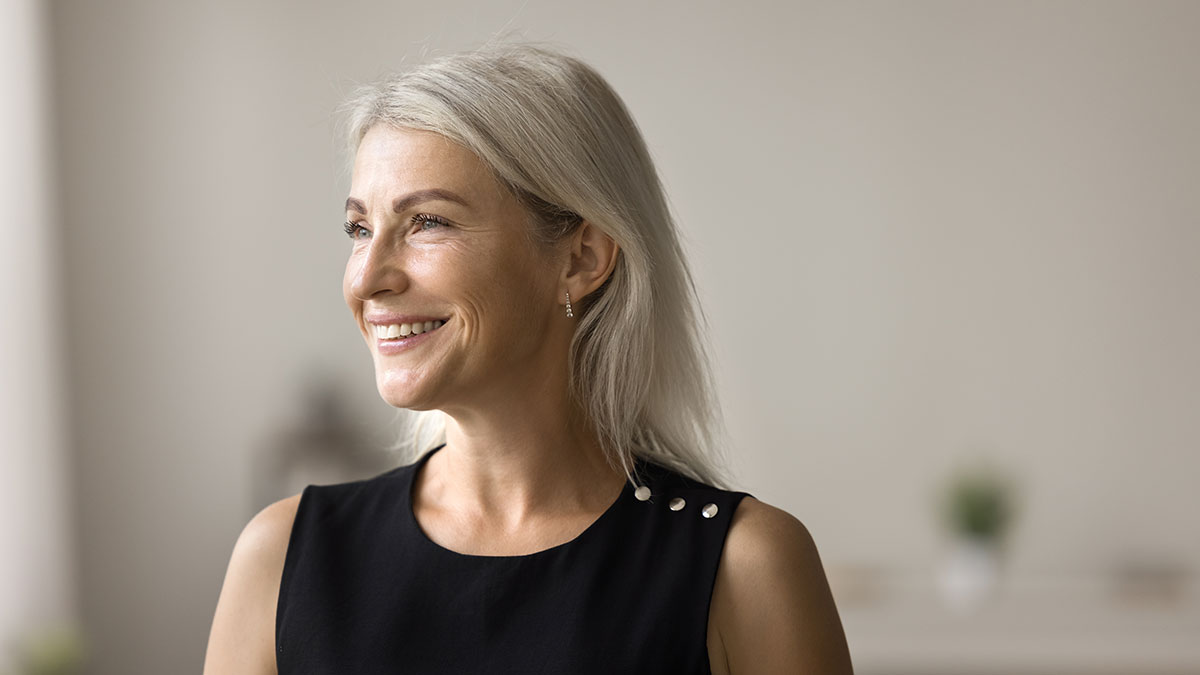
Acne and Acne Scarring Treatments
Acne is a common skin complaint which causes spots. Many of us have some experience of acne, which usually occurs during puberty when our bodies are undergoing hormonal changes. While the average age for acne sufferers is between 12 and 25, some people continue to suffer throughout their adult lives.

Acne can have a detrimental effect on confidence and self-esteem. Acne can also damage the skin, leaving scars that are lumpy and uneven.
These scars can often prove unsightly – acne treatment helps to reduce acne and acne scarring, which can restore lost self confidence.
Acne is triggered by overactive sebaceous glands – small glands which are just below the surface of the skin. These oil glands are stimulated by hormones.
The oils created by the glands can create a blockage to the gland and pores causing a sticky build-up, allowing bacteria to collect and damage the once healthy skin.
These blocked and partially blocked pores are the catalyst for all inflammatory and non-inflammatory spots evidenced by lesions and aggressive red spots.
The body reacts to these by sending white bloods cells to destroy them and this creates the pus on the spot.
FEEL CONFIDENT IN YOUR SKIN
Our skin clinic specialises in a range of treatable conditions, from acne to wrinkles, and everything in between.


Some people never experience the redness, but their pores collect the dirt and bacteria to form blackheads and whiteheads. Others get painful swollen cysts which eventually lead to acne scarring if left untreated.
Acne usually affects the face, back, neck, chest and arms and it can vary in severity. One of the most severe types of acne is inflammatory acne, which causes cysts to develop underneath the surface of the skin.
These cysts can rupture painfully, spreading infection and causing scars. However, other types of acne can also cause scarring.
Although scarring causes physical damage to the skin, the main effects of acne are psychological and emotional.
Many sufferers have low self-confidence because of their condition, and this can often lead to depression and poor social skills.
1.
ENQUIRE
Call, message, or pop in at our clinic and speak to our welcoming team.
2.
CONSULTATION
Attend a consultation to see which treatment is right for you.
3.
APPOINTMENT
Sit back and relax in the care of our skincare professionals.
4.
AFTERCARE
Get the best results from your treatment with our aftercare solutions.

 Menu Item
Menu Item
